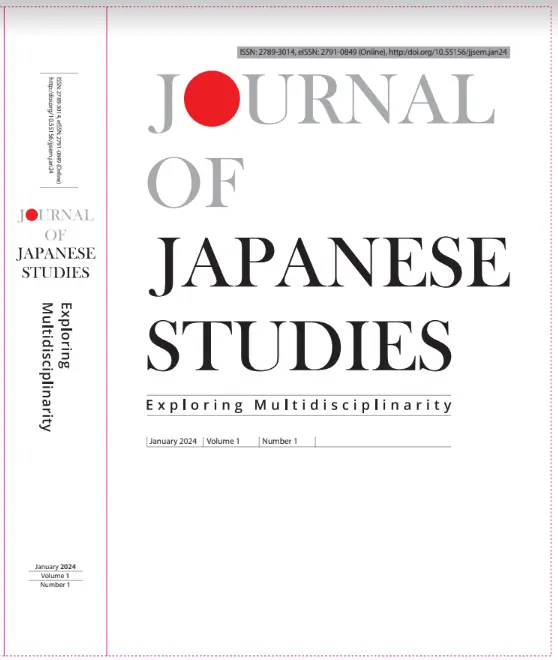
ISSN: 2789-3014
eISSN: 2791-0849 (Online)
Analysis of paradoxical couplets of Kabir and Zen Koan
Ravi Kumar
DOI : http://doi.org/10.55156/jjsem.jan2414
Journal of Japanese Studies: Exploring Multidisciplinarity
Volume 1, Number 1, January 2024
Abstract
Couplets of Kabir and Zen sayings have many commonalities. Kabir uses paradox in his ‘dohe’ to express the truth of life. Similarly, Zen ‘koan’ uses the indirect method of expressing the truth, which seems abnormal in certain situations. The idea behind using the paradoxical method or indirect way of saying the truths of life is to shock the mind, which can help achieve a ‘no-mind’ state. This paper aims to critically analyse some of the paradoxical couplets of Kabir and Zen Koan, which have similarities and relevance in contemporary society.
Keywords: paradoxical couplet, koan, no-mind, relevance
Notes on Contributor
* Assistant Professor, CJS, JNU, Email: ravikjnu@gmail.com
1. Zen: In Sanskrit language, meaning of Zen is Dhyana. When Zen reached to China, it became ‘Chan’. And when it reached to Japan it became ‘Zen’.
2. Mahayana Buddhism (also known as the Great Vehicle) is a form of Buddhism, which is prominent in North Asia, including China, Japan, Tibet, Mongolia etc. and is considered as the more authentic version of the Buddha’s teachings.
3. Sakyamuni is the synonym of Gautama Buddha.
